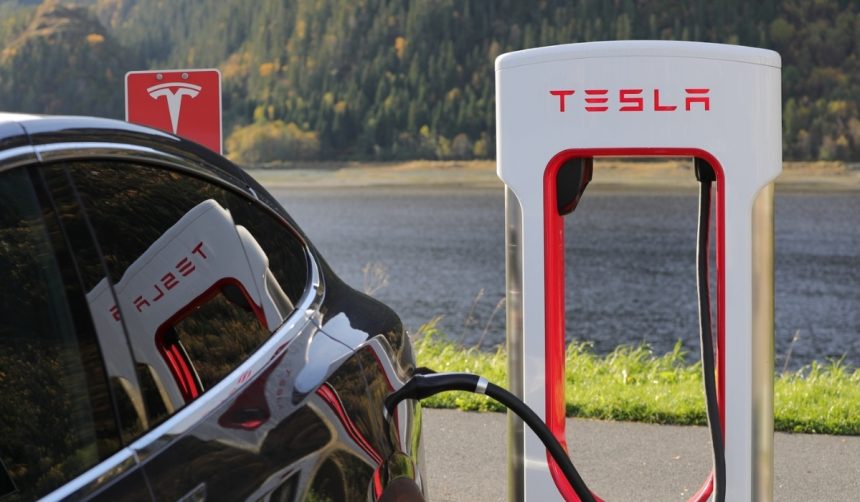Tesla prepares to expand the reach of its Cybertruck by initiating deliveries in Canada and Mexico. This move follows the all-electric pickup’s launch in the U.S. in November of the previous year. Distributors are set to deliver the unique vehicle in late October, creating anticipation among potential buyers in these regions. The expansion reflects Tesla’s strategy to introduce innovative electric vehicles to diverse markets while maintaining a focus on domestic customers.
When will Cybertruck deliveries begin in Canada?
Tesla’s Cybertruck is scheduled for delivery in Canada towards the end of October. Siddhant Awasthi, the Vehicle Program Manager for the Cybertruck, confirmed this timeframe through social media, indicating strong preparation efforts by both Tesla and Canadian authorities. As part of the rollout, special incentives and rebates are expected to support these initial deliveries, promoting the vehicle’s adoption.
How is Tesla preparing for deliveries in Mexico?
Images circulating on social media indicate that Tesla is set to begin Cybertruck deliveries in Mexico. The sighting of the trucks at delivery centers suggests that logistical arrangements are already underway. Observations from earlier this year pointed to interest from local officials, including Nuevo León’s governor, who even test drove the vehicle. This reinforces the regional expectations regarding Tesla’s commitment to the Mexican market.
Will Tesla introduce the Cybertruck in other regions?
Tesla is looking to potentially introduce the Cybertruck to additional markets, such as Europe and Asia. However, the current design poses challenges that might not align with the narrower streets found in these regions. As an alternative, CEO Elon Musk hinted at the possibility of a smaller version to cater to international demand. Yet, no concrete plans have come forth about manufacturing new models tailored for markets outside North America.
Tesla’s announcements highlight its broader strategy to enter international markets while prioritizing existing commitments in the United States. This multipronged approach may facilitate the adoption of electric vehicles globally. Although regulatory hurdles and market specificities pose challenges, Tesla’s adaptability remains crucial in addressing these concerns.










